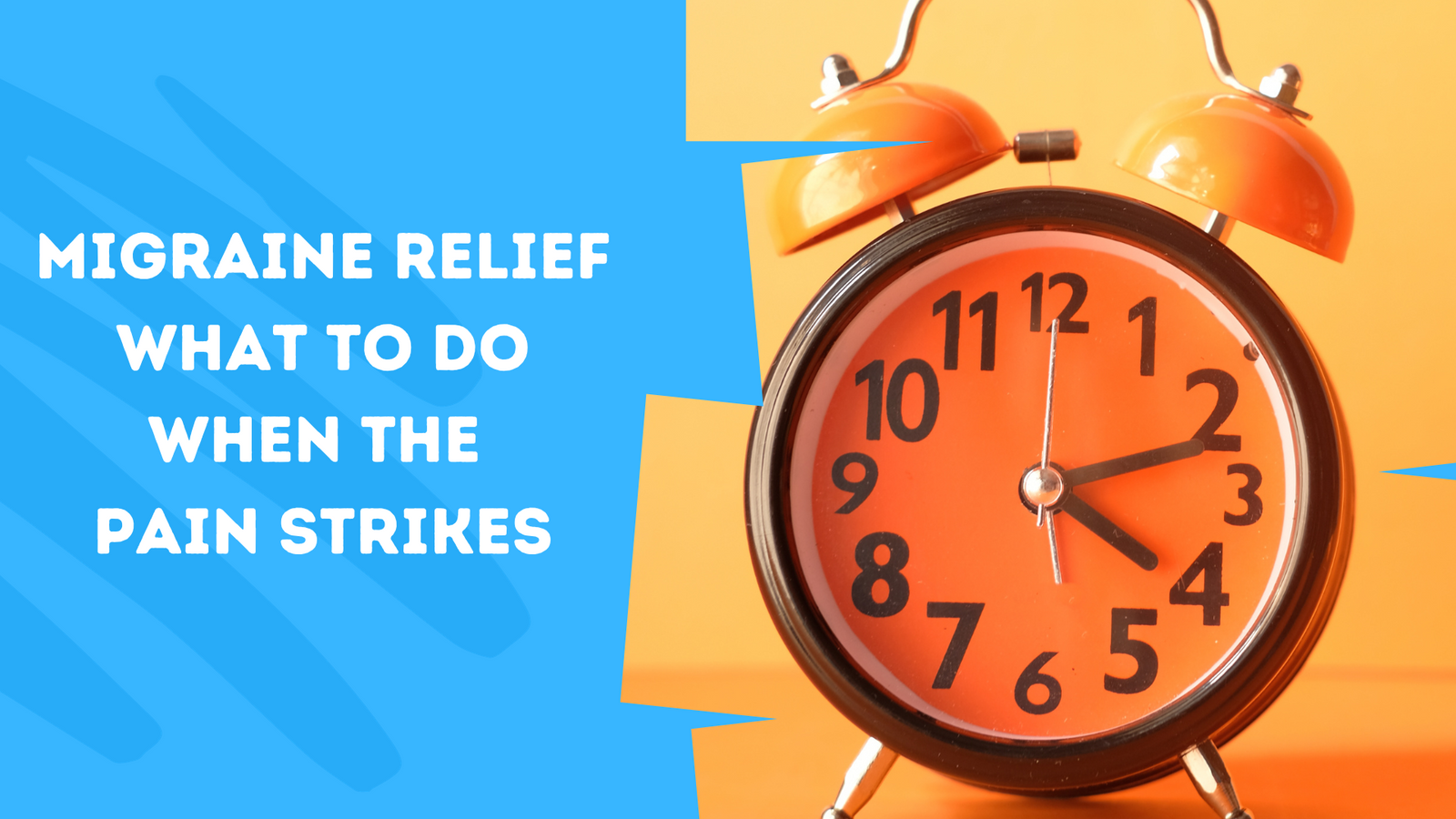Migraine Relief: What to Do When the Pain Strikes
Experiencing a migraine can be an excruciating and debilitating experience. The throbbing pain, coupled with sensitivity to light and sound, can make even the simplest tasks seem impossible. If you are someone who suffers from migraines, you know all too well the desire to find quick and effective relief.
In this comprehensive guide, we will explore various strategies and techniques to help you find relief and manage migraines effectively. From immediate actions to home remedies and lifestyle changes, we will provide you with a range of options to discover what works best for you.
Understanding Migraines
Before we dive into the various methods of migraine relief, it's essential to gain a better understanding of what migraines are and how they manifest. Migraines are a type of headache disorder characterised by recurring and intense head pain, often accompanied by other symptoms such as nausea, vomiting, and sensitivity to light and sound.
While the exact causes of migraines are still not fully understood, researchers believe that a combination of genetic and environmental factors contribute to their development. Common triggers include stress, hormonal changes, certain foods, weather changes, and sensory stimuli like bright lights or strong odours.
Immediate Steps for Migraine Relief
When a migraine strikes, your primary focus is to alleviate the pain and find solace. Here are a few immediate steps you can take for migraine relief:
1. Rest in a dark, quiet room:
Creating a calm and soothing environment can help reduce sensory stimuli that may exacerbate the pain. Find a comfortable space where you can relax and rest.
2. Apply a cold or warm compress:
Depending on personal preference, applying a cold or warm compress to the head or neck area may alleviate the pain. Experiment with both approaches to discover what works best for you.
3. Consider caffeine:
In some cases, consuming caffeine in moderate amounts can help relieve migraine symptoms. However, it's essential to keep in mind that excessive caffeine intake can lead to rebound headaches, so moderation is key.
Home Remedies for Migraine Relief
When seeking relief from migraines, home remedies can be invaluable in managing symptoms and promoting a sense of calm. Here are some effective home remedies to consider:
1. Hydration and maintaining a balanced diet:
Dehydration and poor nutrition can trigger or worsen migraines. Drink plenty of water throughout the day and maintain a well-balanced diet. Limit your consumption of processed foods, artificial sweeteners, and known migraine triggers like chocolate, aged cheese, and processed meats.
2. Explore the benefits of certain vitamins and minerals:
Several vitamins and minerals, such as magnesium, riboflavin (vitamin B2), and coenzyme Q10, have shown potential in reducing the frequency and severity of migraines. Discuss with a healthcare professional to determine appropriate dosages and whether these supplements are suitable for you.
3. Relaxation techniques and stress management:
Stress is a common trigger for migraines, so finding ways to relax and manage stress is essential. Incorporate relaxation techniques into your daily routine, such as deep breathing exercises, meditation, yoga, or aromatherapy. Experiment with different techniques to find what works best for you.
4. Cold or hot therapy with a headache cap:
Applying cold or hot therapy to the affected areas can provide significant relief during a migraine attack. A headache cap, specifically designed for this purpose, can be a helpful tool. These caps can be filled with gel packs and either chilled in the refrigerator or warmed in the microwave, depending on your preference. Applying the cap to your forehead, temples, or back of the neck can help alleviate pain and promote relaxation.
Incorporating these home remedies into your routine can significantly contribute to managing migraines and minimizing their impact on your daily life. However, please remember that individual responses may vary, and it's essential to consult with a healthcare professional for personalized advice.





